While many play video games to relax, others crave games that make them think. Cerebral, thought-provoking, games are nothing new. Even some of the earliest text-based games revolved around philosophical questions. After all, games are just another way to tell stories, and most stories have a moral or message. Of the many themes, existentialism is one of the most prevalent.
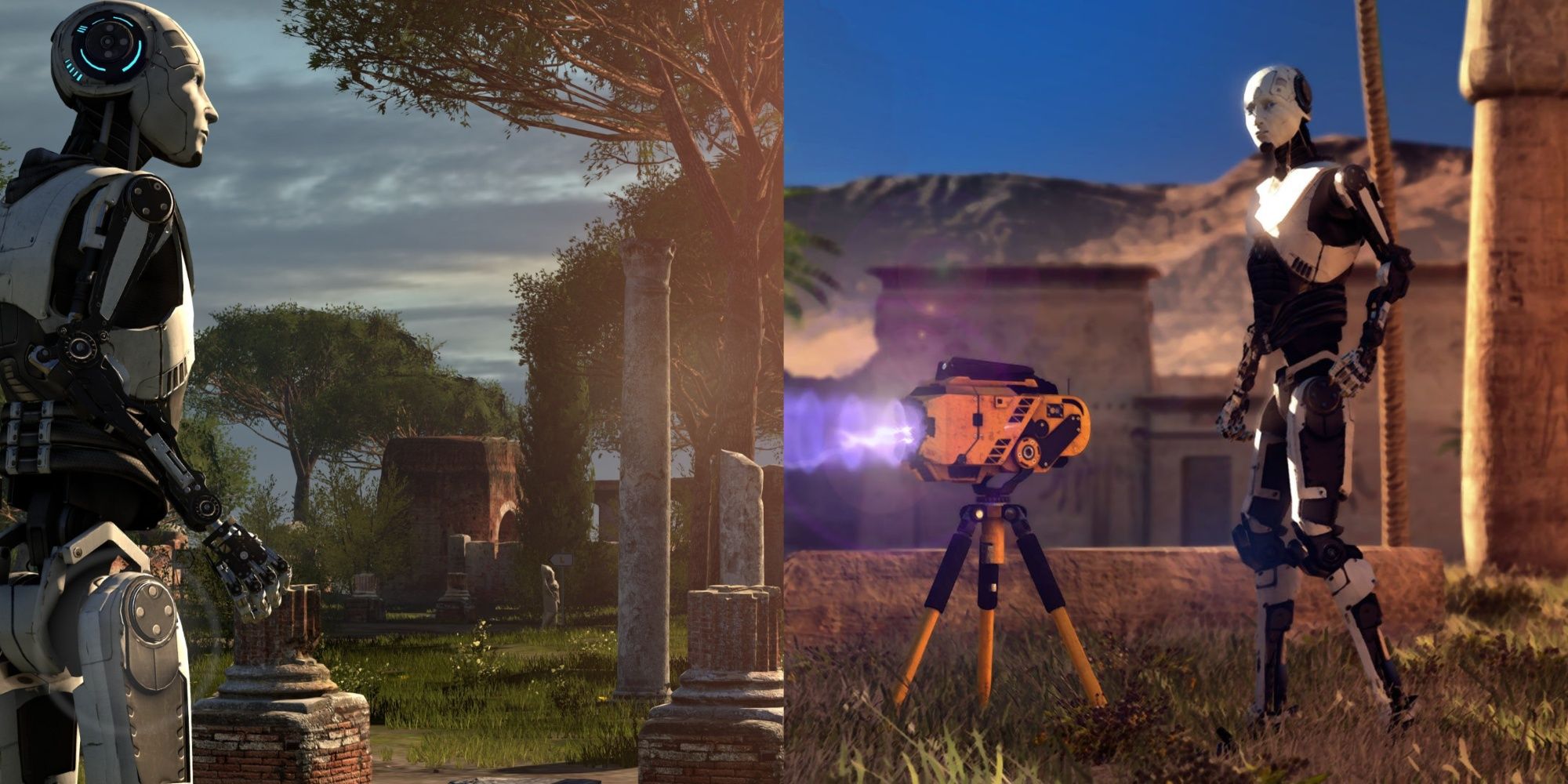
Related
The Talos Principle: 10 Philosophical Questions Raised By The Game’s Puzzles
The Talos Principle is an excellent puzzle game, but it will get you thinking.
Philosophically speaking, the term refers to the belief that humans must be held responsible for their actions, despite the absurdity and impermanence of existence. However, “pop” existentialism — and, by extension, the existential crisis — primarily revolves around the absurdity of being a conscious part of an increasingly inconceivable world.
10 Gris
Grief is universal. Everyone loses something or someone at some point, and everyone experiences the resulting pain. While most people live their lives avoiding grief, video games are the perfect way to explore this deeply human facet of existentialism. Admittedly, video games about grief are nothing new, and Gris is just one of many. Nonetheless, it’s one of the best examples of the bunch.
Gris’ dreamlike world immerses you in its story. Its surrealist pastel worlds perfectly capture the shifting, fragmented reality of grief. Yet, at the same time, its maternal story offers a tangible narrative touchstone. Beneath its larger-than-life ideals, Gris is a touching examination of the collective human experience of grief. Yet, somehow, it leaves a surprisingly uplifting imprint upon its conclusion.
9 Psychonauts
It’s silly and absurd, but Psychonauts is, indeed, an example of existentialist gaming. Of course, it’s less serious than many of its thematic cousins. Its distinctly 90s aesthetic and cartoon cast soften the blows of its most disturbing themes, and it leaves behind a sugary sweetness instead of dread. Nonetheless, stopping to think about its darkest moments will certainly start you on a downward spiral.
In Psychonauts, each villain’s inner fears and traumas are reshaped into more socially constructive memories. Though seemingly helpful, thinking too deeply about such technology unearths some disturbing revelations. Nobody wants trauma, but these dark memories and fears are an inseparable part of your personality and identity. Thus, Psychonauts poses a very Death Note-esque problem: Can “evil” be defeated by stripping away someone’s identity, and do the ends justify the means?
8 Persona 5
Beneath its jazzy soundtrack and gothic fashion sense, Atlus’ Persona 5 is a reservedly optimistic exploration of modern society. Its villains epitomize the individualistic perversions that flow just beneath the visage of normalcy. Conversely, its protagonists represent youthful and often naïve dreams for a more equitable society.
Each “mind palace” represents an individual in their totality, albeit distorted by their perversions. Classical sins become literal monsters, and the protagonists shape a better world by defeating such beasts. However, the consequences are painfully apparent. After every palace, Persona 5 asks the same moral question: Should a person’s humanity be stripped away for the sake of a better world? After all, each defeat leaves the victim a shell of themselves.
7 No Man’s Sky
A retro-futuristic sandbox game may not seem like an obvious source of existentialism, but No Man’s Sky has always prided itself on its unique choices. At first glance, there are a few obvious ways to find some nihilistic gloom. Though vast, the game’s procedurally generated universes are sparsely populated and markedly lonely. Beyond online missions and “civilized” sections, the game is a largely solo experience.
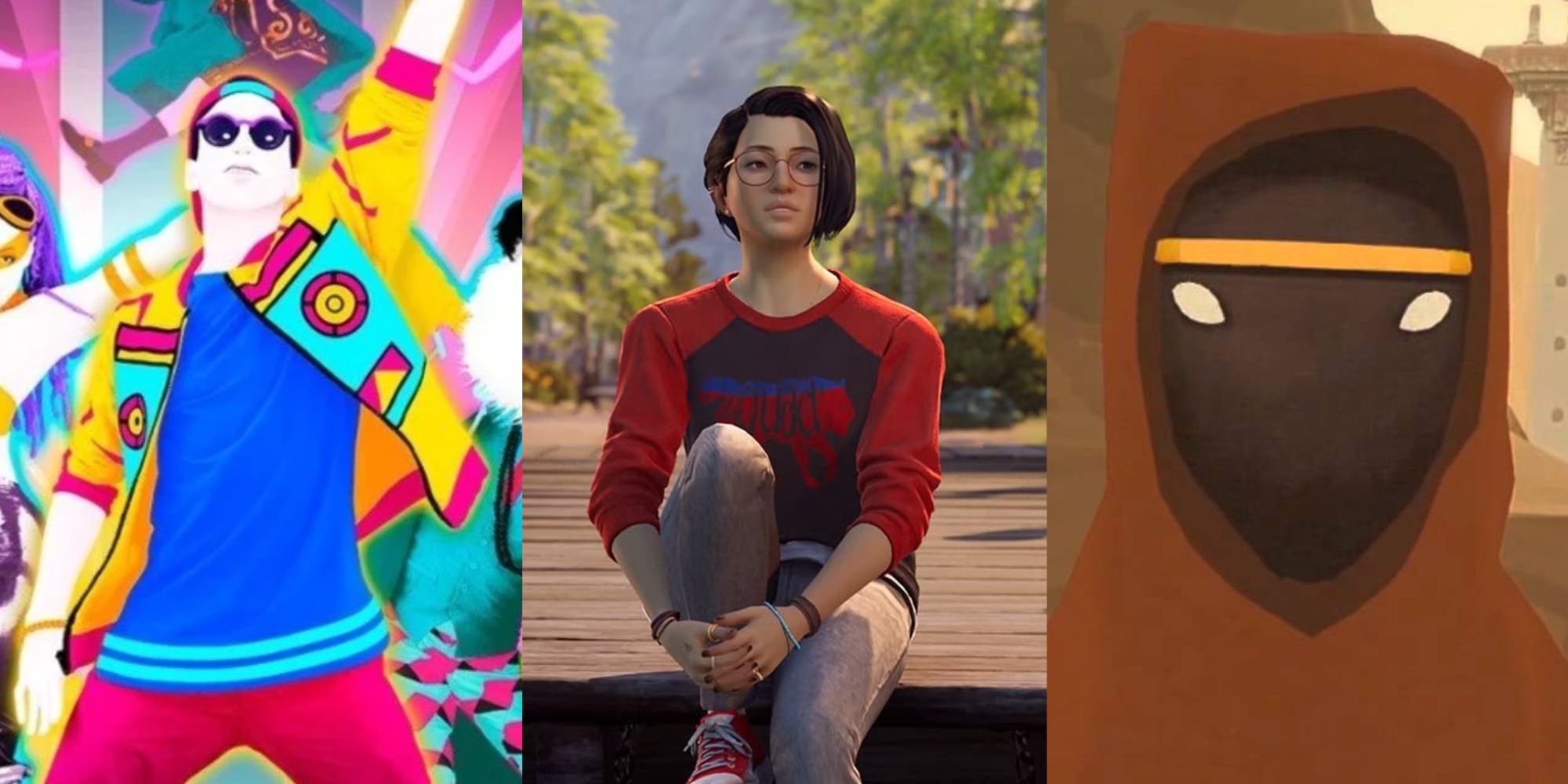
Related
10 Games To Play When You’re Lonely
From choice-based games like Life Is Strange to empathetic experiences like Kind Words, these games will do just the trick to combat loneliness.
However, it’s also worth looking at the game’s overarching narrative. The game’s tutorials are woven into a dense narrative tapestry that tells the story of an enigmatic “Atlas.” Everything originates from the Atlas, and everything will one day be consumed by it. Thus, as a Traveler, you’re often asked to choose if you wish to become part of this godlike monolith. More importantly, you are asked to define the Atlas’ reality.
6 The Longing
What would you do in 400 days? That question is the narrative crux of The Longing, an indie point-and-click adventure about a creature awaiting its king’s awakening. You can read, draw, explore, and furnish your little hovel. However, you must wait 400 complete days, and the game is synced to your system clock.
The message is obvious. The Longing is an exploration of loneliness, a universal experience that most people spend their entire lives avoiding. Its execution only strengthens the message, forcing you to treat the game as either an idle game or a daily chore. Through the unconventional approach, The Longing draws you into its world of solitude. It demands that you find your own meanings and enjoy things at your own pace. This meditative gameplay loop ultimately offers a more positive outlook than many other existentialist titles.
5 Slay The Princess
Some games are upfront about their horrific existentialism, but Slay The Princess is decidedly not part of that category. Instead, the surrealist point-and-click adventure forces you to — as its title implies — repeatedly kill a seemingly innocent royal heiress. Its simplistic black-and-white art style perfectly complements its superb voice acting, coalescing in a unique take on meta-narratives and objective realities.
You probably won’t feel that existential dread as you begin the game. Though it’s a horror title, Slay the Princess treads lightly around its deeper themes. However, its unreliable narrator and ceaseless narrative cycle slowly wear upon your sanity. Where other games push you to one conclusion, Slay the Princess gives you multiple paths. You can draw your own conclusions or take the game as a straightforward conversation about choices.
4 Pathologic 2
The themes of Pathologic 2 may have been conceived in 2005, but this indie darling’s esoteric narrative seems even more prescient in a post-pandemic world. In hindsight, Ice-Pick Lodge’s surrealist romp through a fictitious steppe town seems almost prophetic — though it certainly wasn’t meant to be. Its unique narrative style is inspired by absurdist Russian works that mirror the quaint rural setting, and it expands on those works’ preoccupation with human nature.
Technically, Pathologic 2 is a remake. The game began as a remaster of its predecessor, 2005’s Pathologic. However, it soon grew to encompass more areas and details. While “Pathologic Classic” is a similar experience to its successor, Pathologic 2 is considered the
de facto
version of Ice-Pick Lodge’s surrealist story.
Pathologic 2 is a multilayered masterpiece whose complex narrative also relies upon consistent reiteration that everything is a mere play. The world’s masked figures dance at the edges of darkness like stagehands, seemingly taunting the Haruspex. You can either take the message at face value or consider it a discussion of objective realities. Both arguments are equally valid.
3 The Talos Principle
Though its inclusion is somewhat clichéd, Devover Digital’s 2014 puzzler remains a beloved facet of philosophy-driven gaming. The Talos Principle revolves around its namesake argument, which posits that humans are little more than complex machines. Upon release, the game’s ideals were closer to science fiction than reality. However, modern developments have made The Talos Principle’s story more prescient than ever.
Beneath its multitudinous puzzles runs a one-way dialogue about the specifics of existence. Both artificial intelligence and virtual realities are presented as de facto representations of humanity, although the game leaves room for personal interpretations. Its often picturesque landscapes recall traditional depictions of paradise, while its narrative reality reflects an objectively dystopian existence beyond these simulated worlds. The narrative even forces you to accept or reject this heavenly reality.
2 Disco Elysium
Few cohesive games are filled with as many contradictions as Disco Elysium. Its narrator is a biting cynic accompanying a bumbling fool of a detective. The crumbling world of Martinaise is an oppressively depressing slum inhabited by comically eccentric citizens. The protagonist is a failing detective with an addiction, paired with a (mostly) straight-laced lieutenant. Yet, somehow, these juxtapositions only emphasize Disco Elysium’s themes.
First and foremost, you form your own identity. You are Harry DuBois, and you must choose your own path. However, there’s more than surface-level existentialism. Beneath its peculiar story, the game also serves plenty of commentary about the inherent conflict between individual wants and societal well-being.
1 Soma
Existentialism can be easily packaged alongside horror. After all, questions of sentience and responsibility are never far from the edge of humanity’s darkest thoughts. Frictional Games’ Soma is perhaps the most exemplary example of the dread-inducing mix between existentialism and terror. In fact, its entire existence revolves around the definition of life and consciousness.
Admittedly, none of this is particularly surprising. Frictional Games’ titles have always highlighted the unpleasant edges of humanity. Soma merely takes the theme to the next level. It frames the question of existence at its narrative center, demanding that you define consciousness for yourself. There is no hand-holding; you must determine the game’s final message.
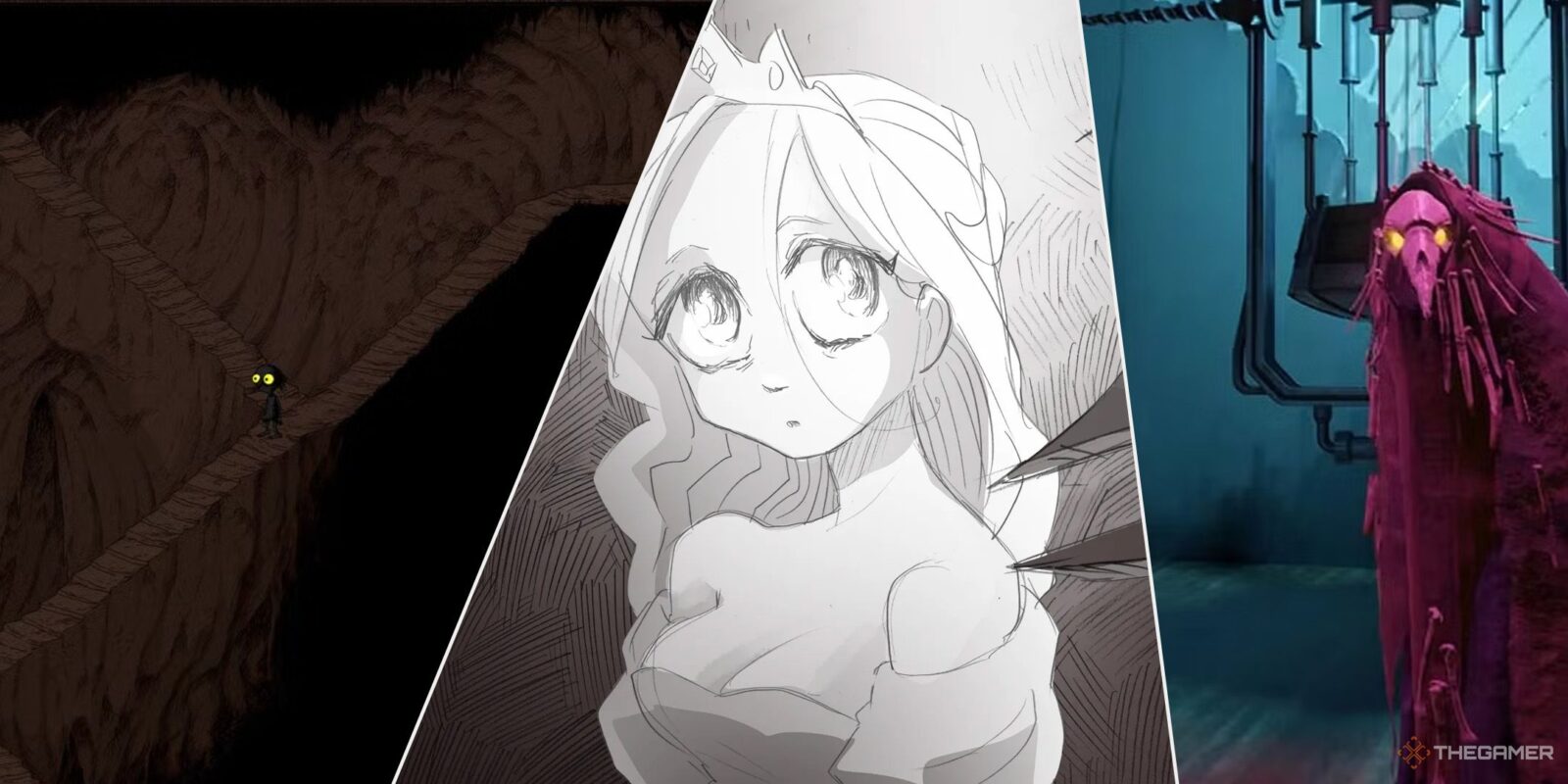


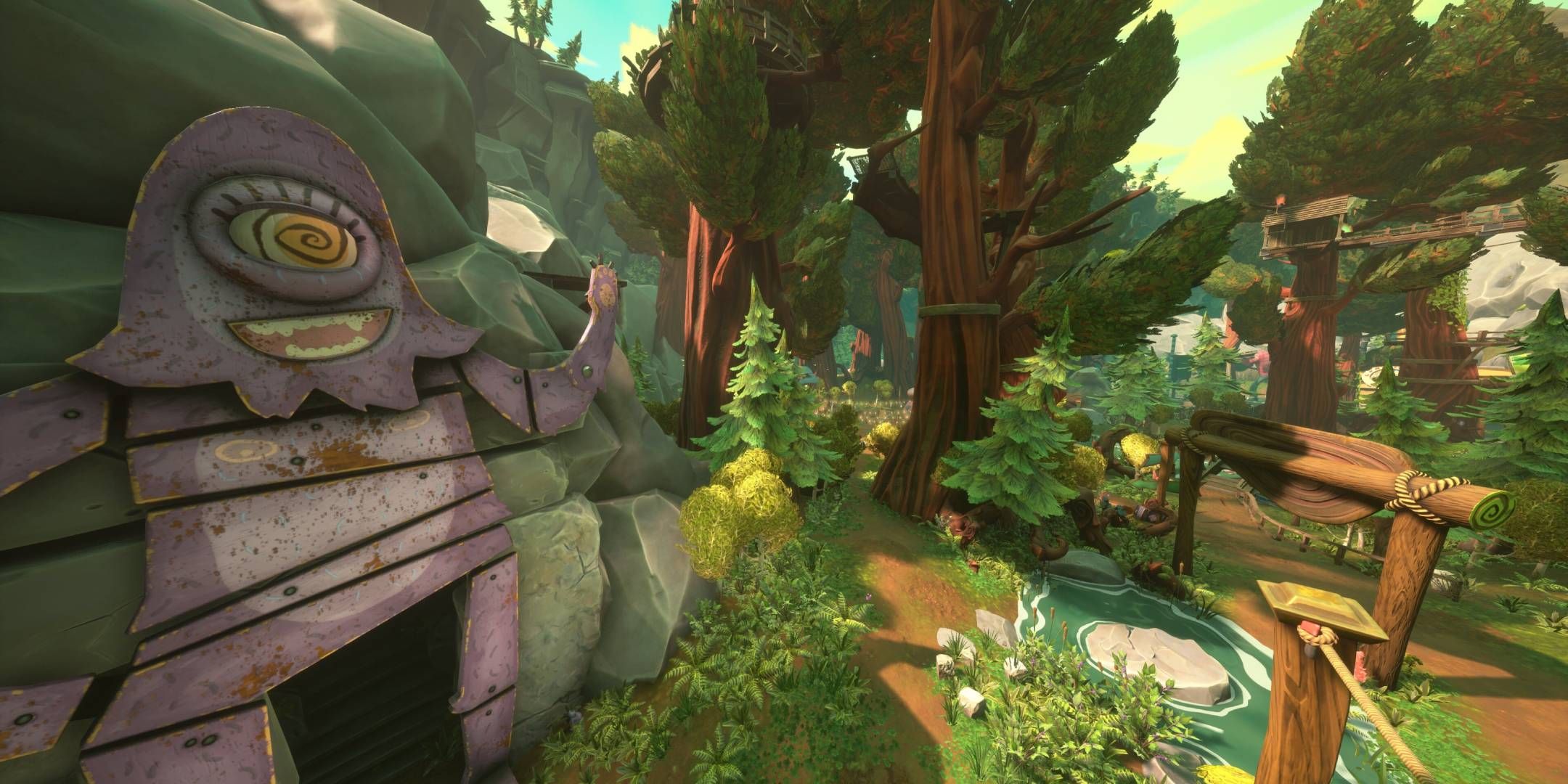
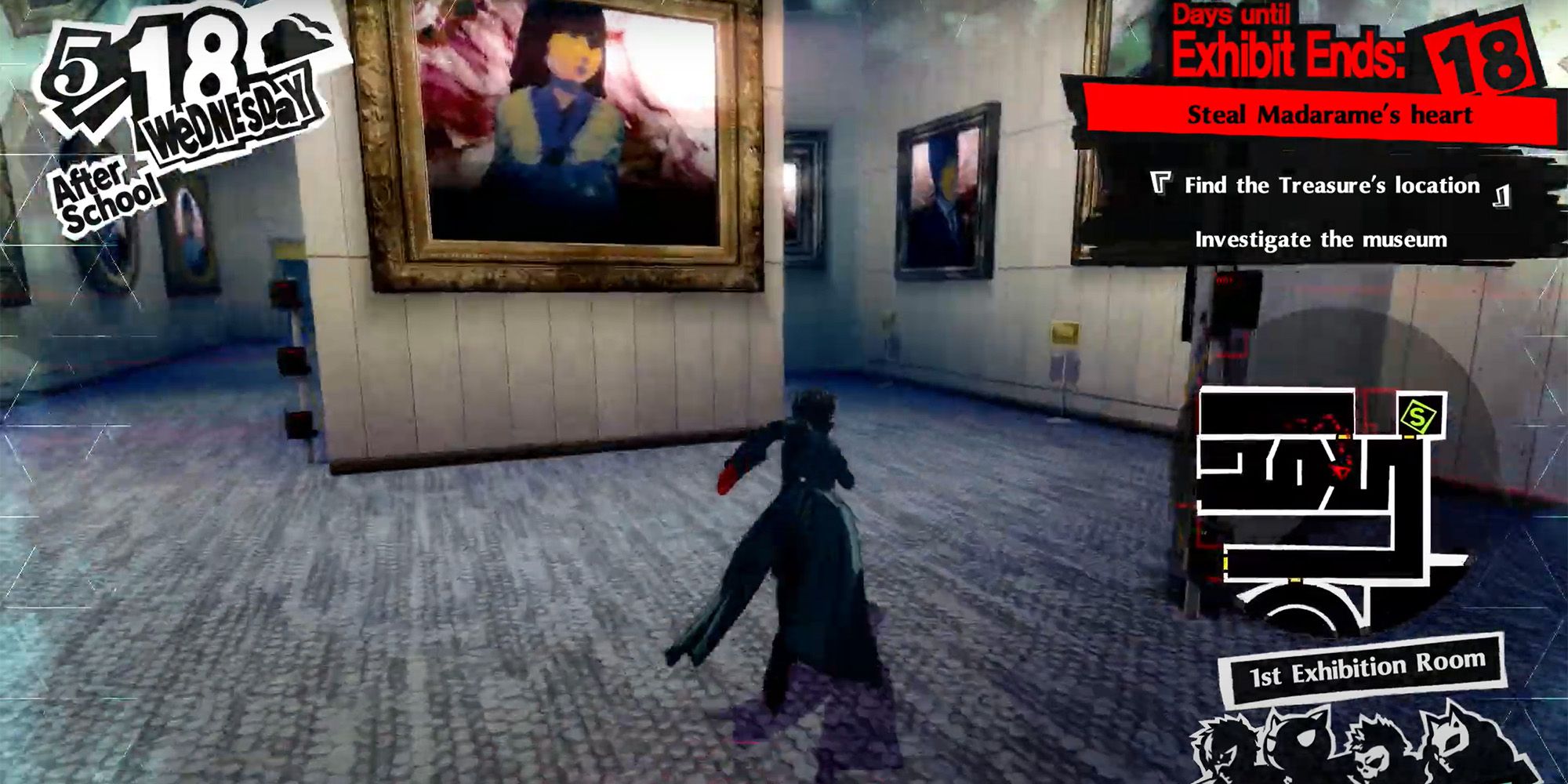


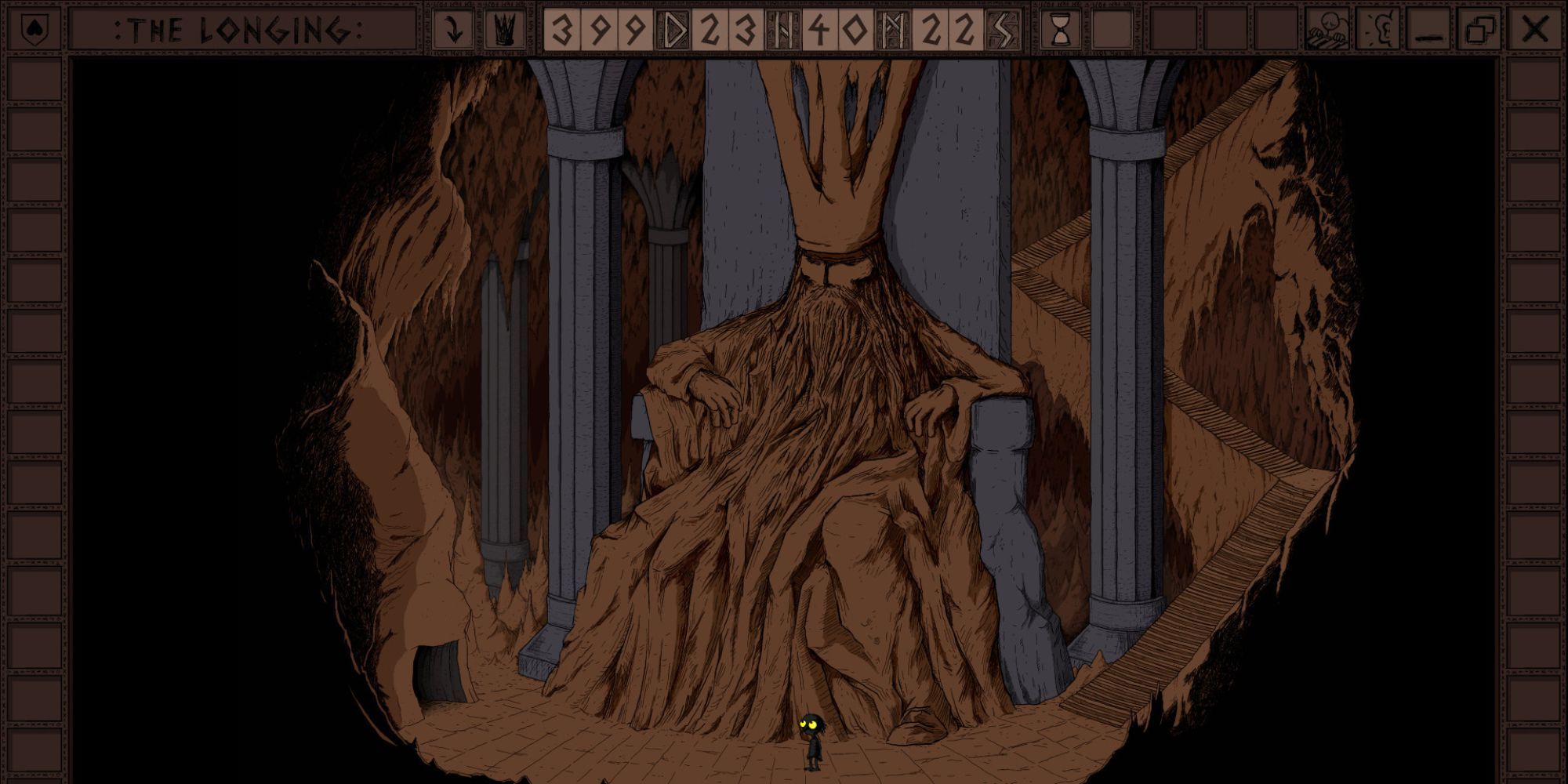


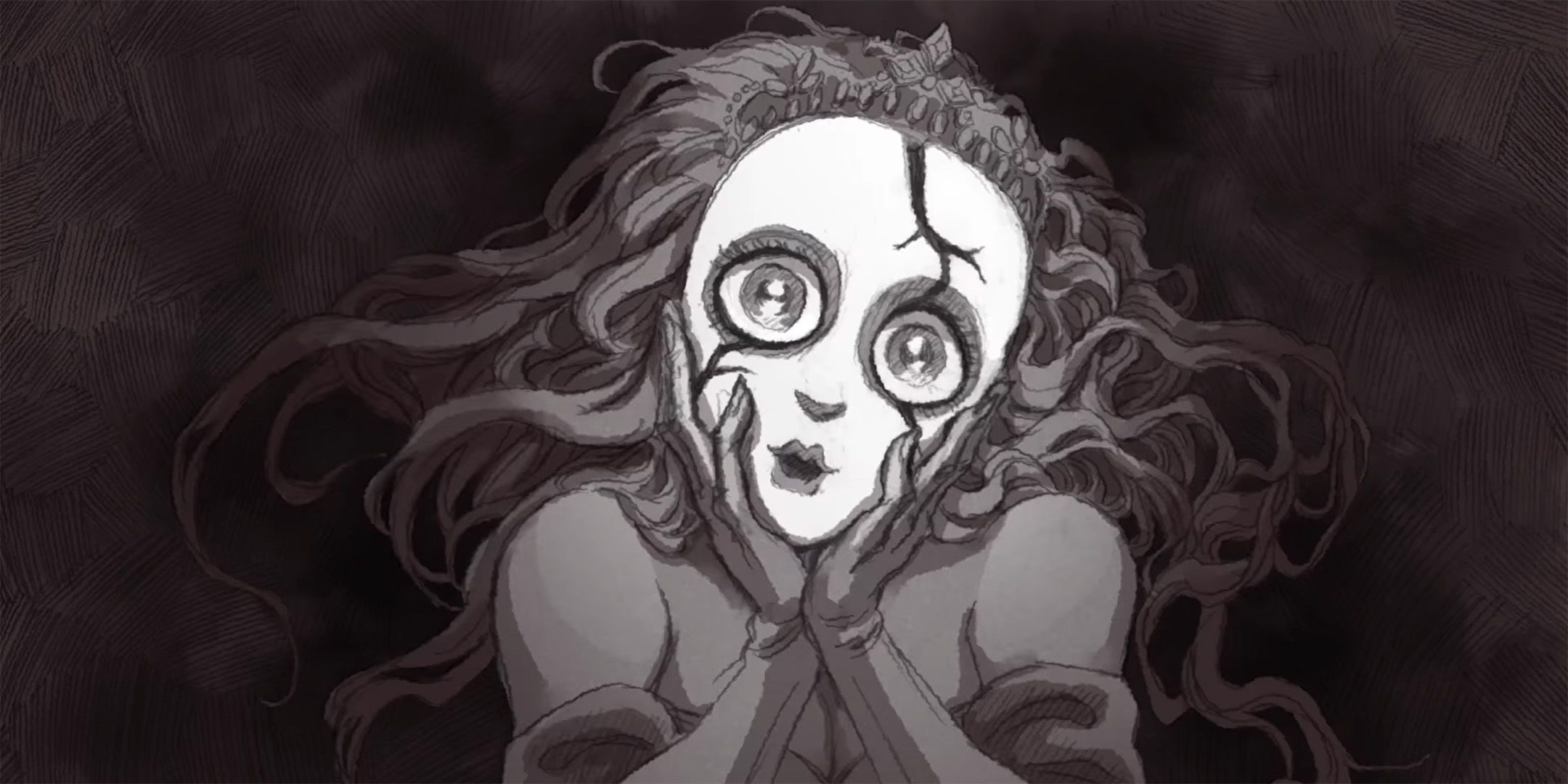
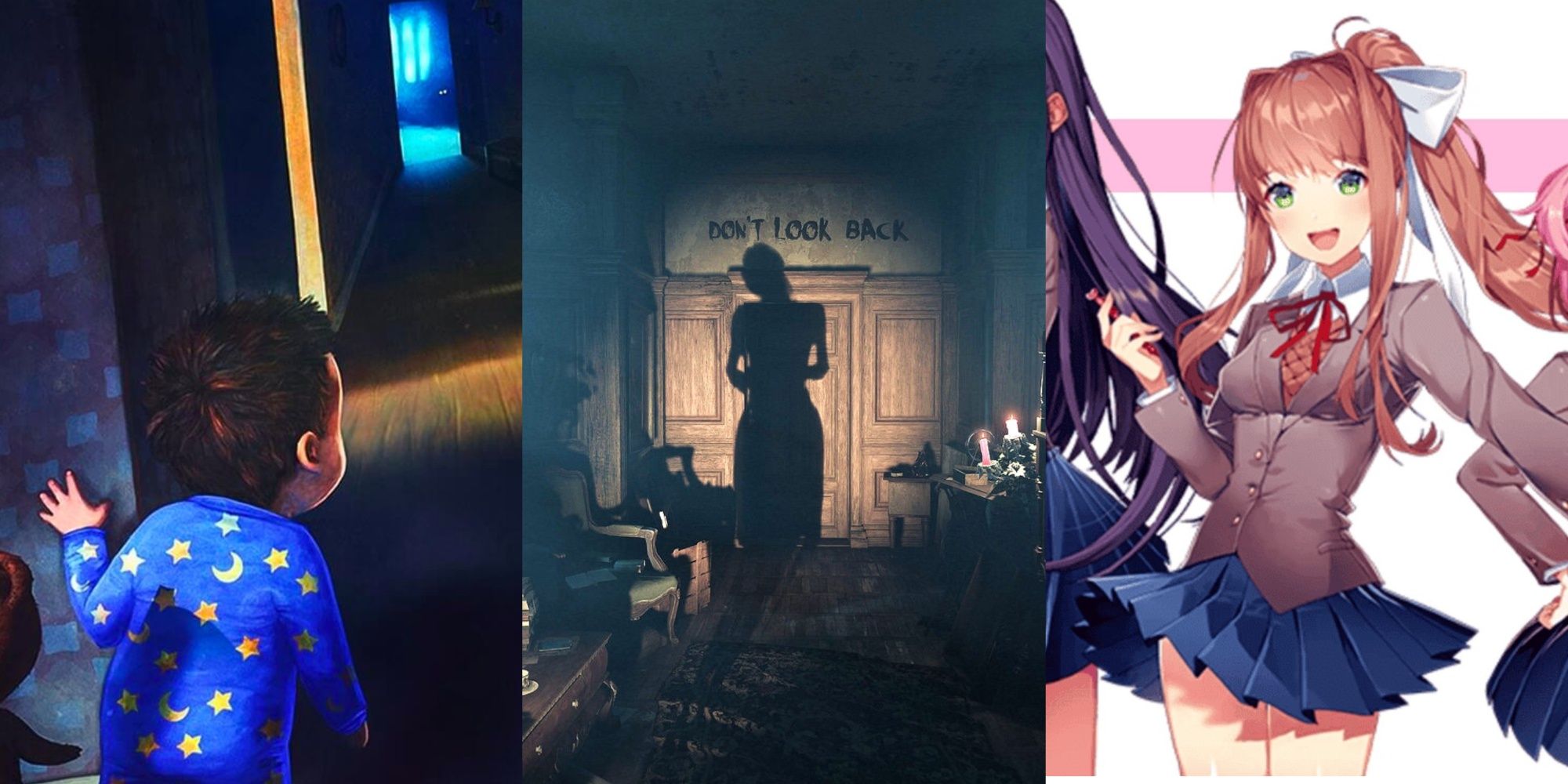
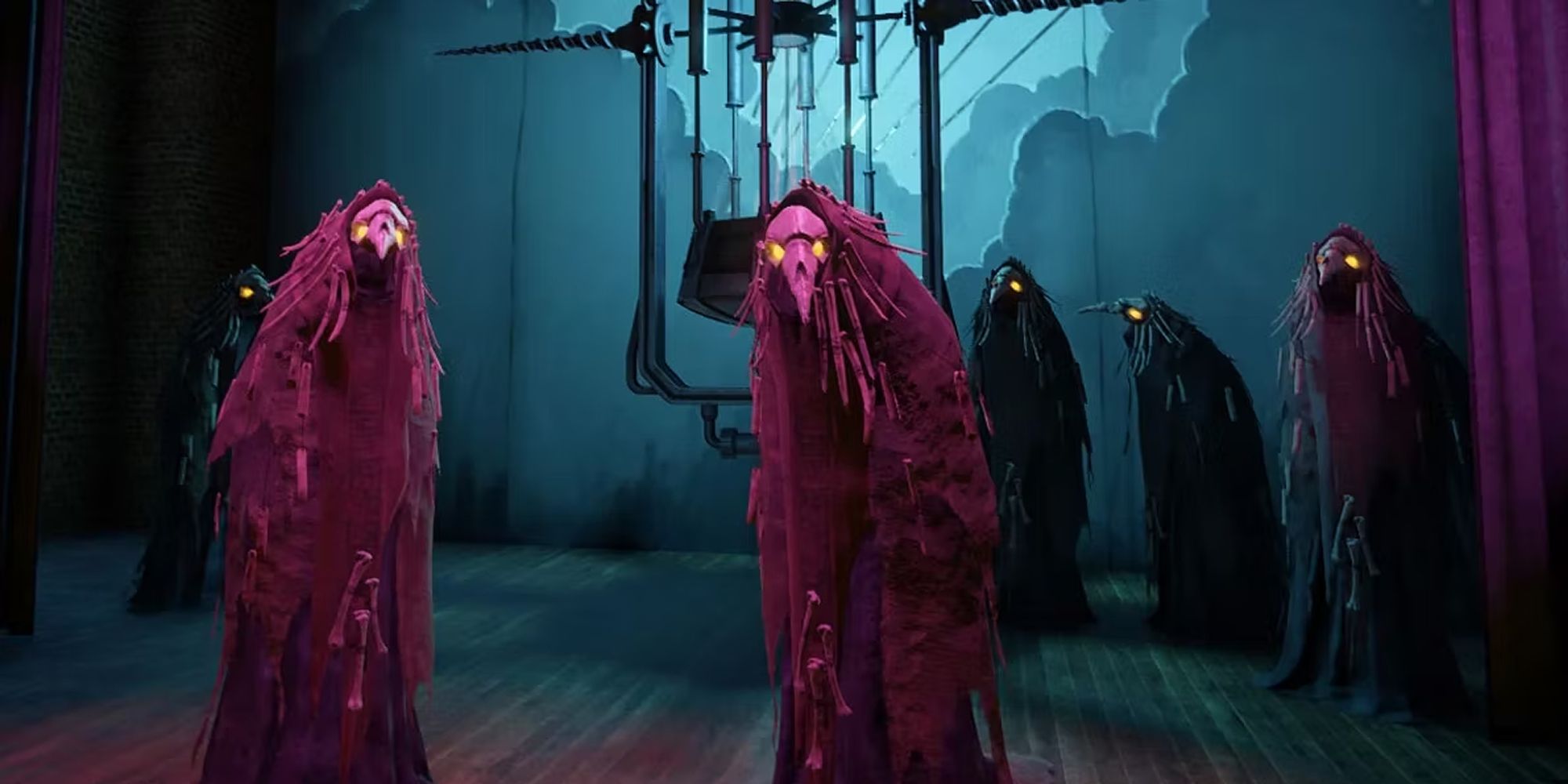
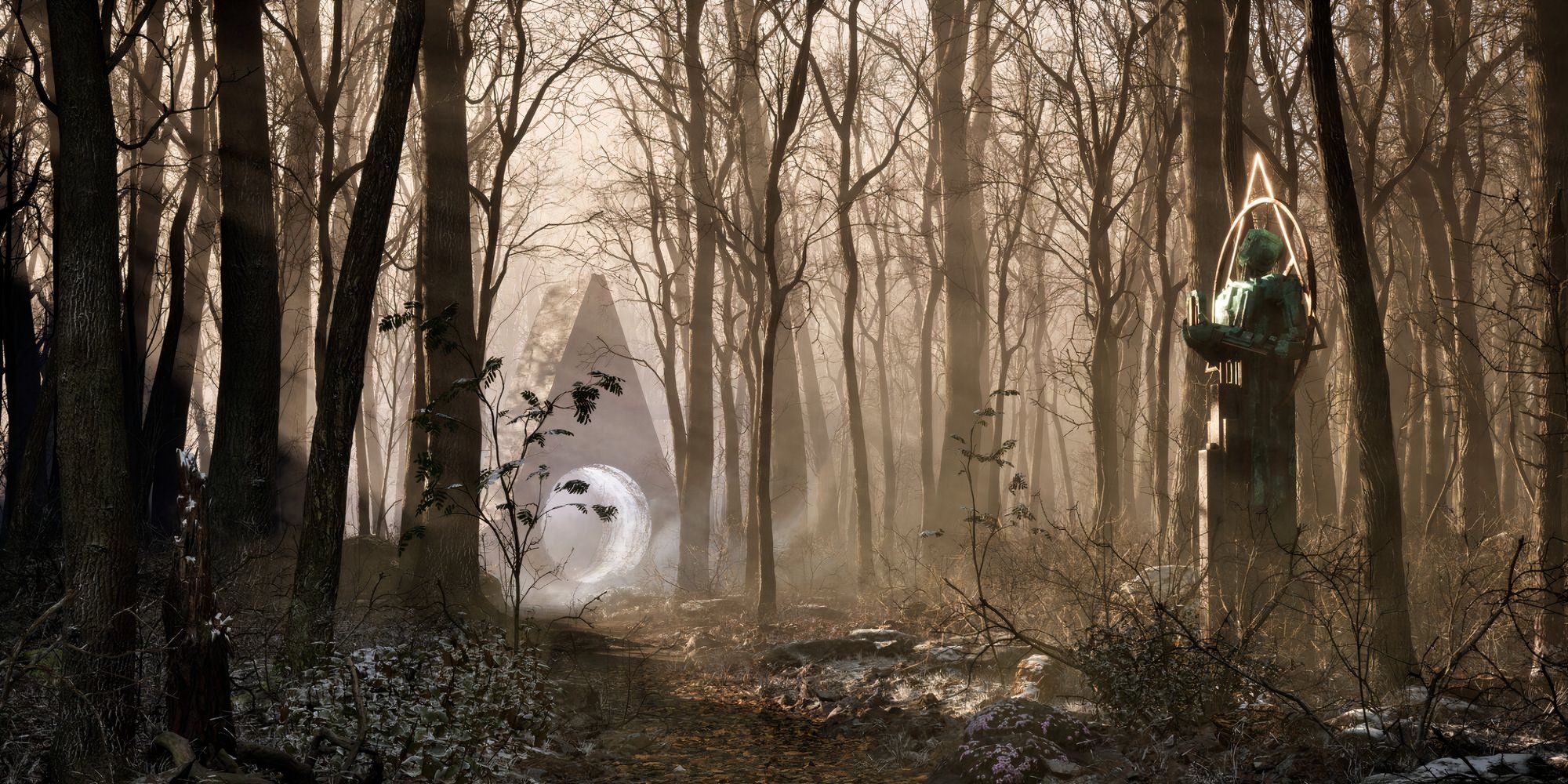
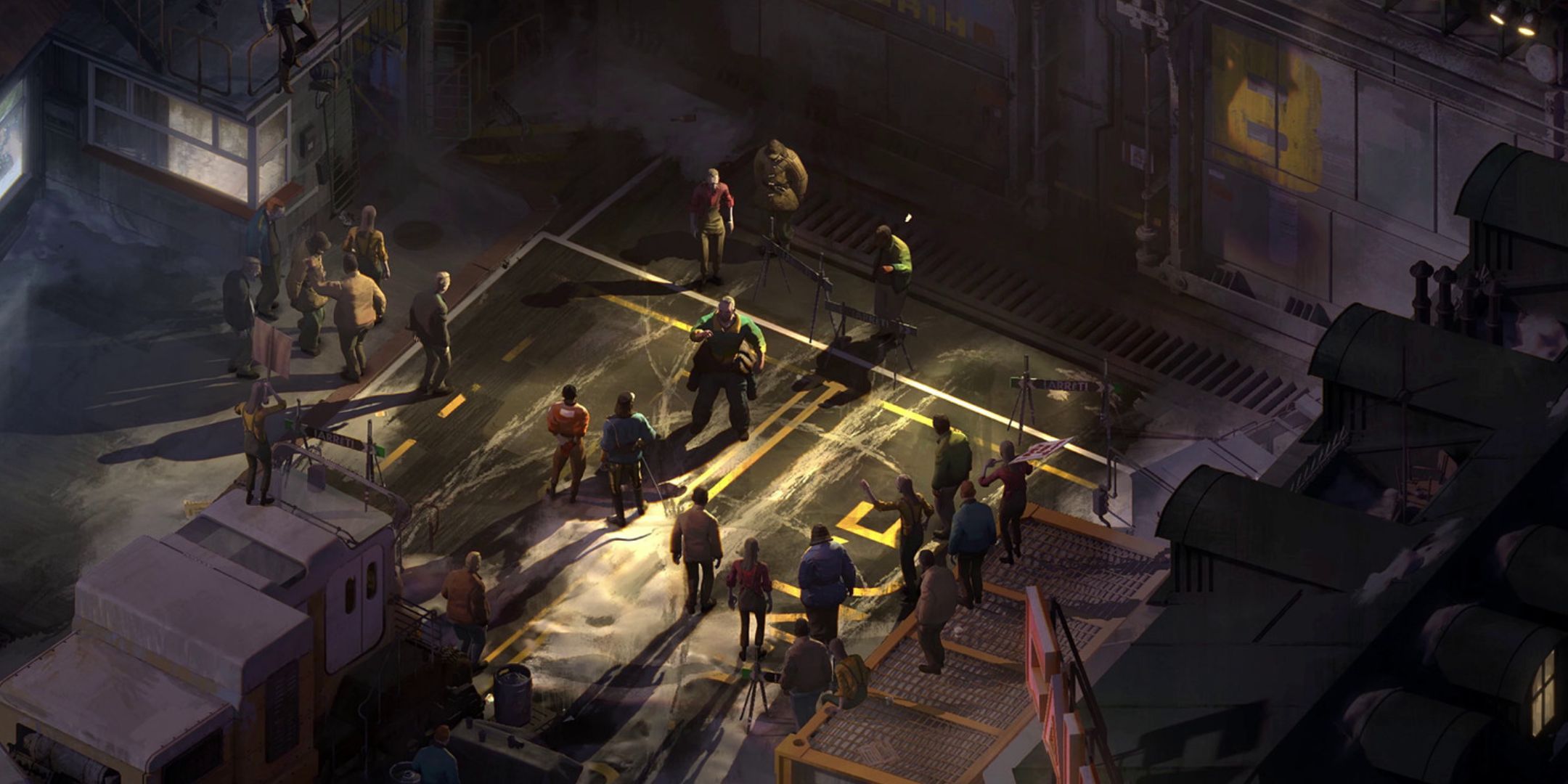
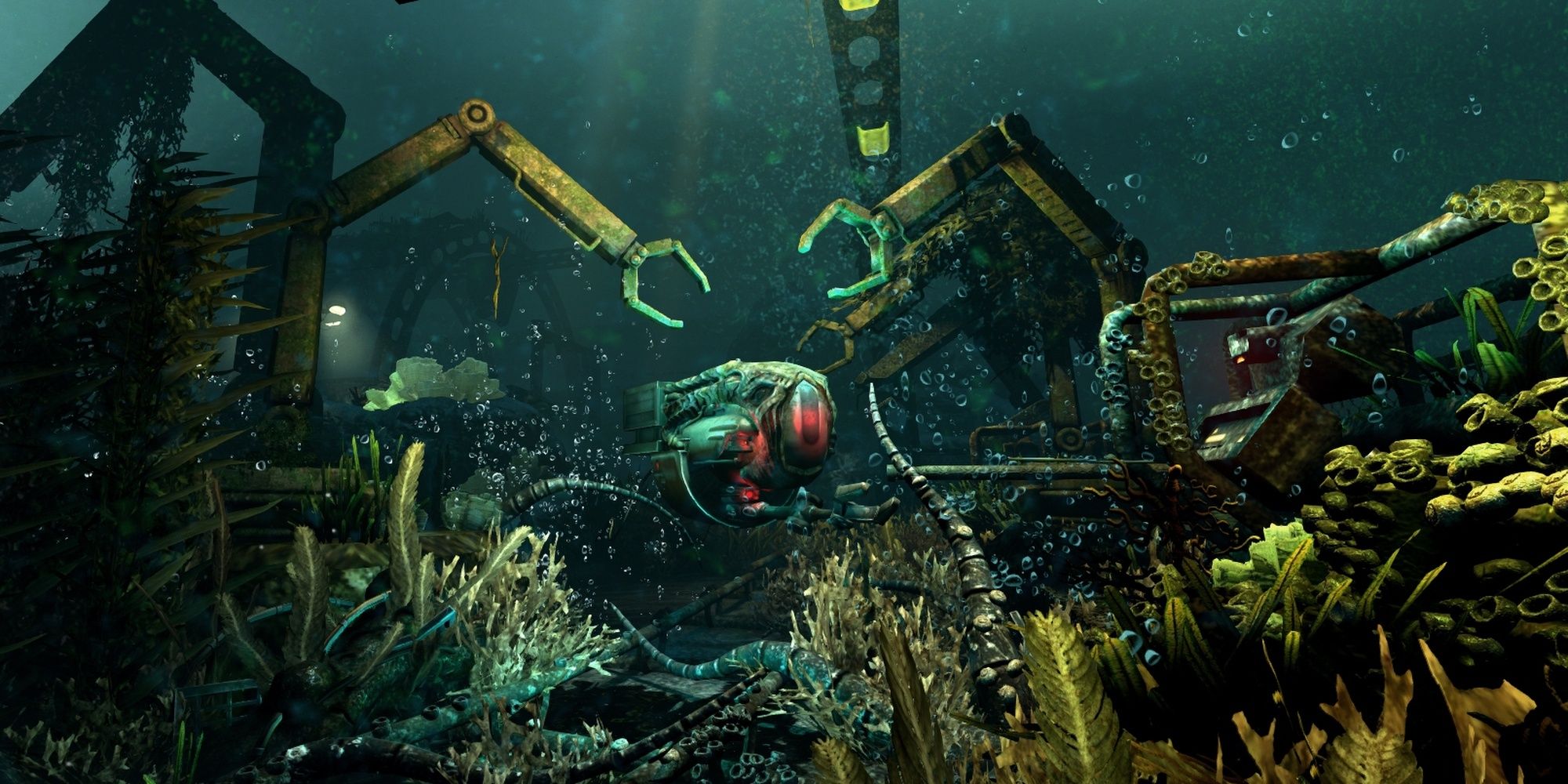
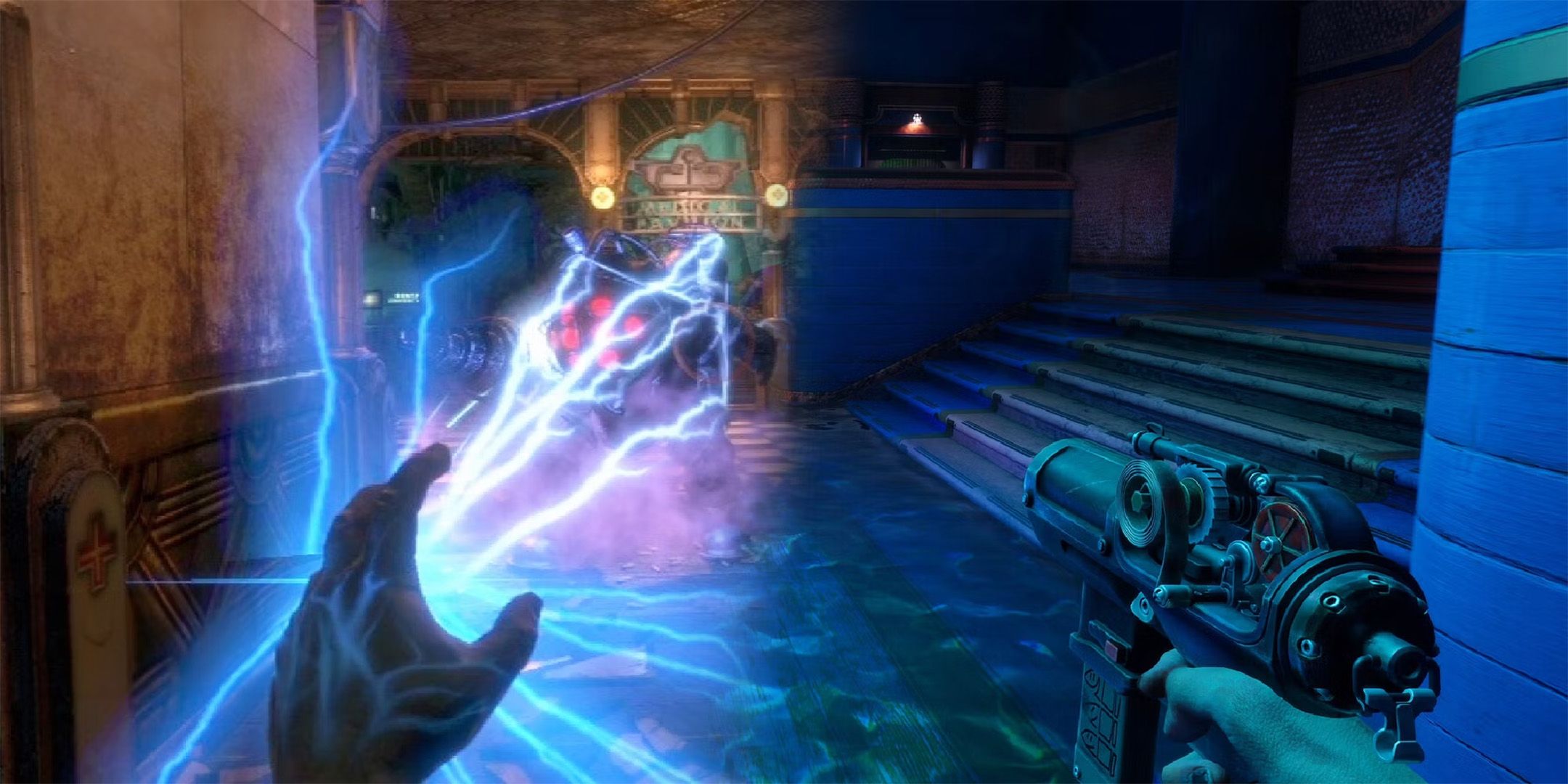










Leave a Reply